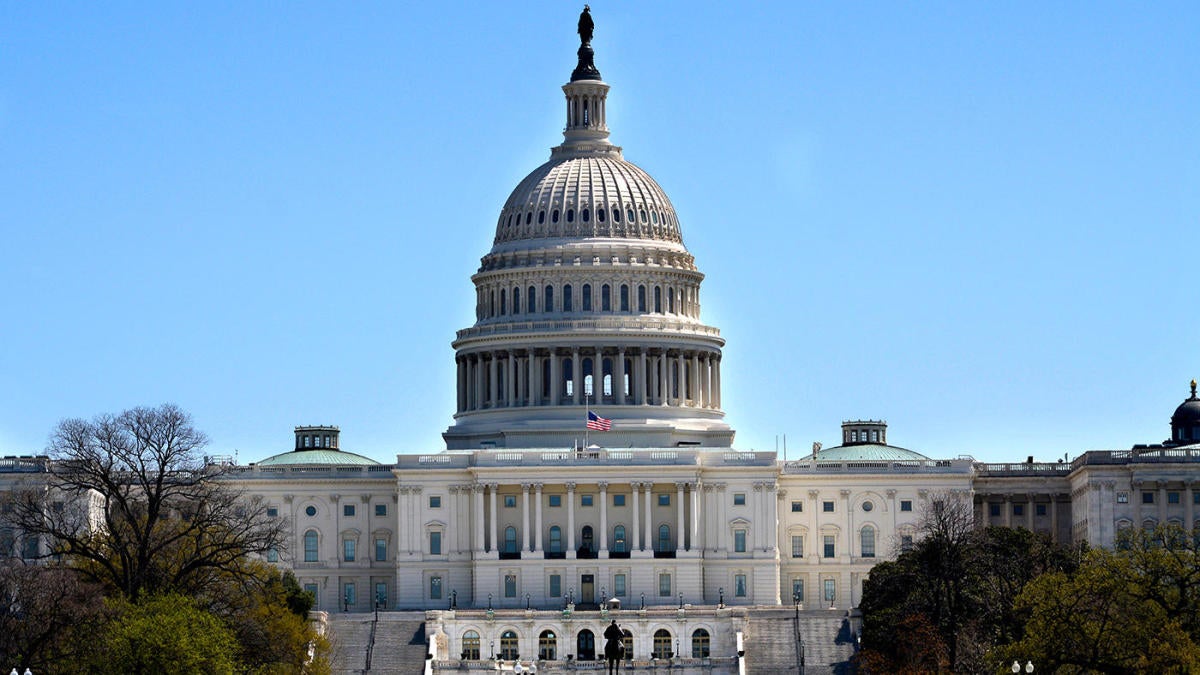dukemv
Sophomore
- Joined
- Dec 19, 2017
- Messages
- 982
By no means am I an economist so interested in hearing thoughts on this. What effects would this have on college sports, and, in particular, college football? I think that if the argument is that college athletes' pay was limited to promote competition among universities, the same should have been done to college coaches. Now that's changed (at least I think so). I still think limiting the amount that public institutions are allowed to dedicate to college coaches would do a lot of good for a lot of people.

 www.cbssports.com
www.cbssports.com
Some quotes:
"An ant-trust exemption granted by the federal government would create some sort of restraint on college salaries that have reached record levels. It's an exemption that was granted to Major League Baseball in 1922 that states the sport is not subject to federal commerce laws."
"Shalala said that the SEC pursued Miami in expansion talks in the early 2000s while she was president of the university.
'We just could not compete with their [coaching] salaries,' Shalala said."
"'Everybody talks about an antitrust exemption," Clemson AD Dan Radakovich told CBS Sports. "Like everything in life, there's a good antitrust exemption and one that becomes overly regulated. … The physics lab ain't getting $93 million because [football income is] all self-generated.'"

Proposed federal law seeks to limit skyrocketing salaries of college coaches
The recently introduced bill is just in its beginning stages in the U.S. House of Representatives
Some quotes:
"An ant-trust exemption granted by the federal government would create some sort of restraint on college salaries that have reached record levels. It's an exemption that was granted to Major League Baseball in 1922 that states the sport is not subject to federal commerce laws."
"Shalala said that the SEC pursued Miami in expansion talks in the early 2000s while she was president of the university.
'We just could not compete with their [coaching] salaries,' Shalala said."
"'Everybody talks about an antitrust exemption," Clemson AD Dan Radakovich told CBS Sports. "Like everything in life, there's a good antitrust exemption and one that becomes overly regulated. … The physics lab ain't getting $93 million because [football income is] all self-generated.'"